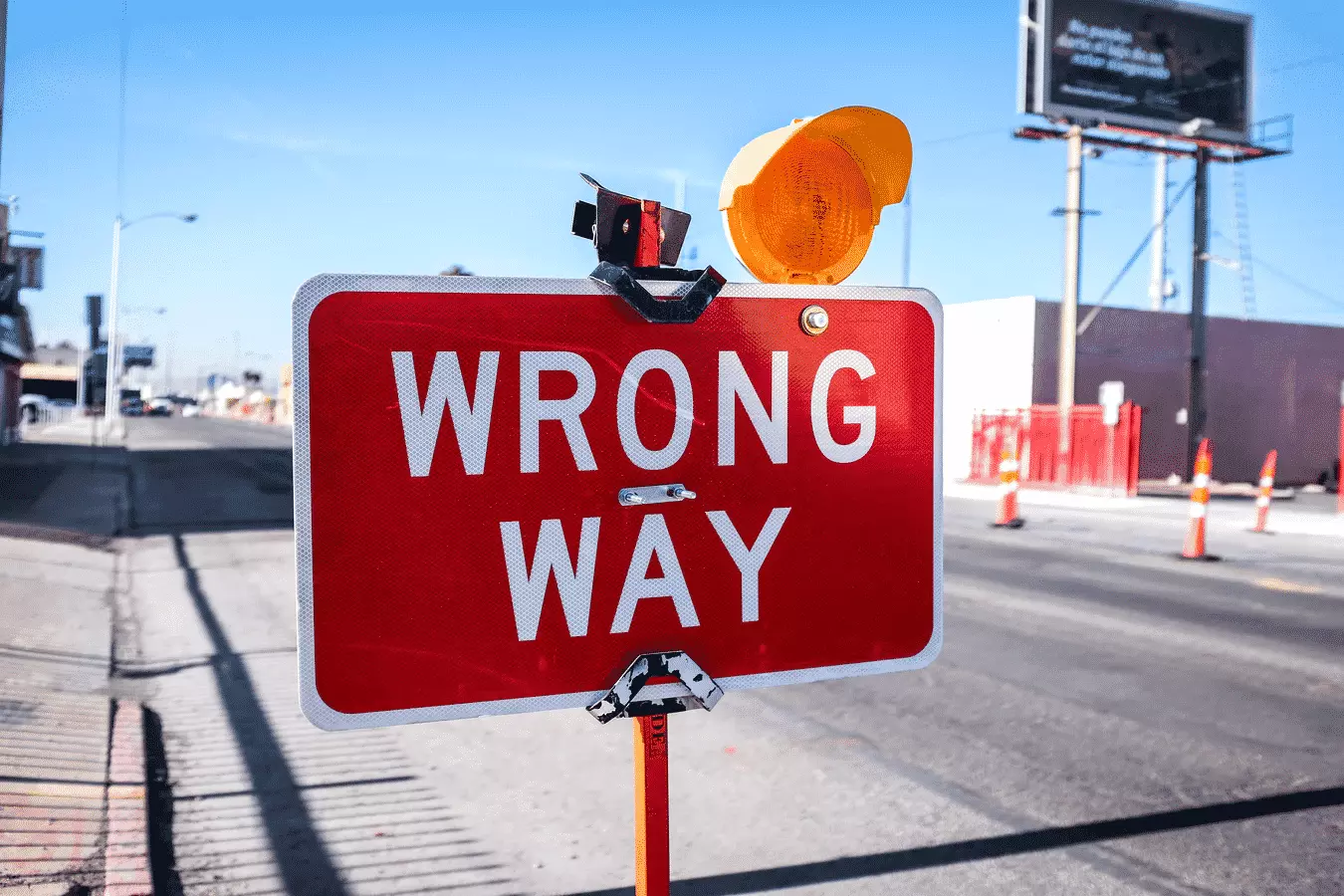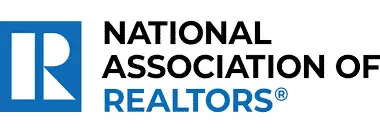
A pocket listing, in the real estate industry, refers to a property that a broker has the exclusive right to sell, but it is not listed on a multiple listing service (MLS). The question arises, why would a real estate agent choose to sell a home without listing it on the MLS? And is this practice even legal? In this article, we will dive deep into the world of pocket listings, exploring their positive and negative effects on local markets, the industry as a whole, and what the National Association of Realtors (NAR) has to say about them.
Are Pocket Listings Legal?

At the time of this writing, pocket listings are legal in all 50 states. There are no existing laws that prohibit real estate agents from representing a contracted seller while choosing to withhold the listing from the MLS.
However, in November 2019, NAR's leadership made a controversial decision that effectively eliminates the practice of pocket listings starting in May 2020. The decision mandates NAR members to post listings to their local MLS within one business day of signing any listing agreement.
The question of whether NAR made the right move by banning pocket listings is open to debate. In order to form your own opinion, let's take a closer look at the impact pocket listings have on local markets and the real estate industry.
How a Pocket Listing Can Be Beneficial

First, let's discuss the benefits of a pocket listing. For real estate agents, having a pocket listing gives them exclusive control over the property. As agents, our primary duty is to protect our clients' best interests, and keeping a contracted property off the MLS can often serve that purpose.
With a pocket listing, agents can limit the property's exposure exclusively to qualified buyers. This is particularly prevalent in higher-end markets, where pocket listings accounted for around 22% of closed deals in the second quarter of 2019, according to The Real Deal.
Discretion is another significant factor in pursuing pocket listings. Some clients may have privacy or security concerns that prevent them from wanting their property publicly listed for sale. This is especially true in markets like Los Angeles, where the listing itself can become a media spectacle, particularly if the seller is a celebrity or high-profile individual.
What Critics Say About Pocket Listings

Critics of pocket listings argue that not exposing a property to the MLS may prevent clients from receiving the highest and best offer. However, before exposing the property to the full market, both the agent and the seller may decide to test the waters at a particular price point. This strategy aims to secure the best possible outcome for the client.
While the best price and the client's best interest often align, the NAR Code of Ethics does not specifically state that a Realtor's obligation is solely to achieve the highest price. Rather, it emphasizes the importance of serving the client's best interests. Therefore, if the seller understands the potential impact of keeping their offer of sale private and still chooses to withhold their listing from the MLS, it can be argued that the agent has fulfilled their fiduciary responsibility.
The Drawbacks of Pocket Listings

NAR's decision to ban pocket listings stemmed from concerns that some agents were using this practice to serve their own interests rather than their clients'. By limiting the pool of potential buyers, an unscrupulous listing agent may be increasing their chances of closing a double-sided deal. This practice is not ethical when the agent's primary motivation is not the client's best interest.
Furthermore, pocket listings can have negative effects on local markets. These listings are often not reported to the MLS once they are closed, which means they are not included in the data used by real estate agents and appraisers when conducting market analysis. This lack of reporting accuracy hinders our understanding of the market and can make it more challenging to serve our clients effectively.
Additionally, if a pocket listing is reported to the MLS, the listing agent is not obligated to disclose the list price of the home, only the sold price. Unscrupulous agents may report that the home sold for 100% of the asking price, which can manipulate the perception of market trends and affect fair offer prices.
Lastly, pocket listings can potentially disenfranchise minority communities, as they may have fewer opportunities to access pocket-listed properties due to limited connections with agents who hold these listings.
Are Pocket Listings Still Happening?

Yes, pocket listings are still happening, but their implementation has evolved since NAR's decision in 2019. Savvy listing agents now list these properties on Fridays, allowing them until the end of the business day on the following Monday to file with their MLS. This period is often referred to as the "coming soon" window, during which agents can market the home for sale without exposing it to the MLS.
Whisper Listings vs. Pocket Listings
The practice of "whisper listings" is becoming more common, especially in high-end markets. The main difference between a whisper listing and a pocket listing is exclusivity.
A whisper listing is not technically a listing. It is more like a conversation or relationship between an agent and a property owner. The owner may express their willingness to entertain an offer from someone interested in buying their property, without officially listing it on the market. In this scenario, the seller has no obligation to remain exclusive and can also explore for-sale-by-owner options. Whisper listings are based on trust and are considered risky, making them unlikely to become a major trend.
How to Manage a Pocket Listing

If you determine that a pocket listing is the best option for your seller, there are a few things you should do:
Open & Transparent Communication
Have a clear and explicit conversation with your seller about the decision to keep their property off the MLS for a certain period. Discuss the benefits, potential drawbacks, and ensure that both parties are on the same page. Consider drafting an addendum to the listing agreement that specifies the MLS live date and includes a disclosure of the seller's understanding of the circumstances. This documentation will be valuable if your decision is ever questioned by your local association.
Lay the Groundwork
Before signing a listing agreement, ensure that you have prepared everything needed for the property to go live when the pocket period begins. This includes having professional photos and other marketing materials ready, allowing the pocket period to focus on outreach and buyer generation.
Choose the Right Tools
Invest in a good real estate CRM that provides you with the necessary tools to reach out to the right people at the right time. Having prewritten, templated communication can streamline your pocket listing process. Consider using platforms like LionDesk or Realvolve, which offer automated email and text communication options and customization features.
NAR's Stance on Pocket Listings

Despite NAR's decision to ban pocket listings, their position on the matter remains a topic of debate within the real estate community. The NAR Code of Ethics emphasizes the protection and promotion of clients' interests, giving priority to their best interests over cooperation or sharing of listing information with other Realtors.
Our Take on Pocket Listings

While pocket listings have their drawbacks and potential ethical concerns, we believe that they should not have been banned outright. Instead, pocket listings could have been regulated and made safer through comprehensive documentation and increased transparency. By addressing accountability issues and ensuring that pocket listings receive the same level of scrutiny as public listings, they could remain a legitimate option for property owners.
Ultimately, the decision regarding pocket listings should be based on careful consideration of each client's unique situation and best interests.
Your Experience with Pocket Listings
We would love to hear about your experience with pocket listings. Do you agree with the ban, or do you think they should still be allowed? Share your thoughts and stories in the comments below.











